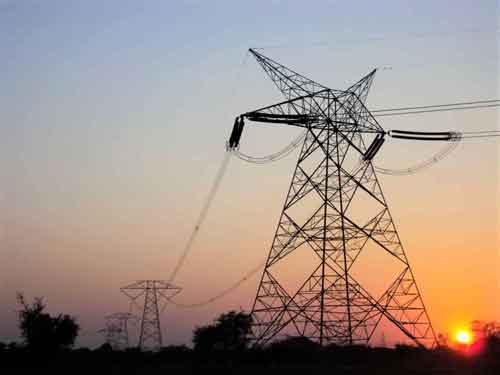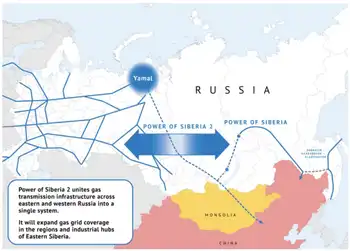Governor seeks power plant rules
ALBANY, NEW YORK - Business and consumer advocates are raising their voices once again about New York's need for a new power plant siting law.
The previous law, known as Article 10, expired in 2003. The Legislature has been unable to agree on a new version.
The old law was used to streamline the regulatory and permit-granting process for electrical power plants in the state. Now, the New York Affordable Reliable Electricity Alliance, known as New York AREA, held a breakfast round-table discussion on Article 10 at the University Club in Albany recently. State energy experts forecast a shortfall of electricity in the state by 2012, especially in the New York City area.
Jerry Kremer, chairman of New York AREA, says a new siting law is needed to ensure that plants are built to supply that power.
"Article 10 was a medium to get power plants built in New York," he said. "And it really worked."
During last year's legislative session, the Senate and the Assembly were unable to agree on the types of fuels that would be covered by a new power plant siting law. The Assembly and the governor were against nuclear energy and sought to limit coal, but the Senate opposed those restrictions.
This year, Gov. Eliot Spitzer has made passing a new power plant siting law a priority, although his deputies will not say if he plans to soften his stance in order to compromise with the Senate. The Assembly also has not indicated any shift.
Power plants can still be built without an Article 10 law in place. Without it, though, applications must go through a locally controlled and more open-ended process governed by the State Environmental Quality Review Act. Under Article 10, new plants went though a fast-track state review that typically took 12 months.
The construction of new power plants is often controversial in the communities where they are built. And plants that burn fossil fuels - especially coal - emit carbon dioxide that contributes to global warming, although new "clean coal" technologies are being developed. Nuclear plants, which don't emit carbon dioxide, also are controversial.
But some energy experts say nuclear power could help solve the state's energy needs while also reducing greenhouse gases. Less controversial are renewable sources of energy such as hydro, wind and solar that also do not emit carbon dioxide. But those sources cannot make up the entire energy shortfall on their own.
Business advocates who spoke at the breakfast stressed that Article 10 was never designed to be an environmental law. Instead, those concerns are addressed by other state laws and policies.
"It's not intended to stop the siting of facilities," said Heather Briccetti, vice president of government affairs for The Business Council of New York State Inc. the state's largest business lobby. "That's how the political debate has gotten off-track."
Gavin Donohue, president of the Independent Power Producers of New York, an Albany trade group that represents power plant owners, said the lack of a siting law is chasing investment away from the state.
"What we're doing is sending a message that New York is not a good place to do business," Donohue said. "We're looking for a bill that does not exclude nuclear and doesn't exclude new technologies like clean coal. Why do a law and just preclude someone from participating?"
Nuclear also got a boost from Patrick Moore, the former leader of Greenpeace who is acting as an adviser to New York AREA. Moore attended the breakfast and sat in the audience.
"Renewables can't do it by themselves," Moore said. "We have to look at nuclear energy as an essential part of the mix. It's not a silver bullet, but it's pretty close to it."
Related News

Russia to Ban Bitcoin Mining Amid Electricity Deficit
MOSCOW - In a significant shift in its stance on cryptocurrency, Russia has announced plans to ban Bitcoin mining in several key regions, primarily due to rising electricity deficits. This move highlights the ongoing tensions between energy management and the growing demand for cryptocurrency mining, which has sparked a robust debate about sustainability and resource allocation in the country.
Background on Bitcoin Mining in Russia
Russia has long been a major player in the global cryptocurrency landscape, particularly in Bitcoin mining. The country’s vast and diverse geography offers ample opportunities for mining, with several regions boasting low electricity costs and…




